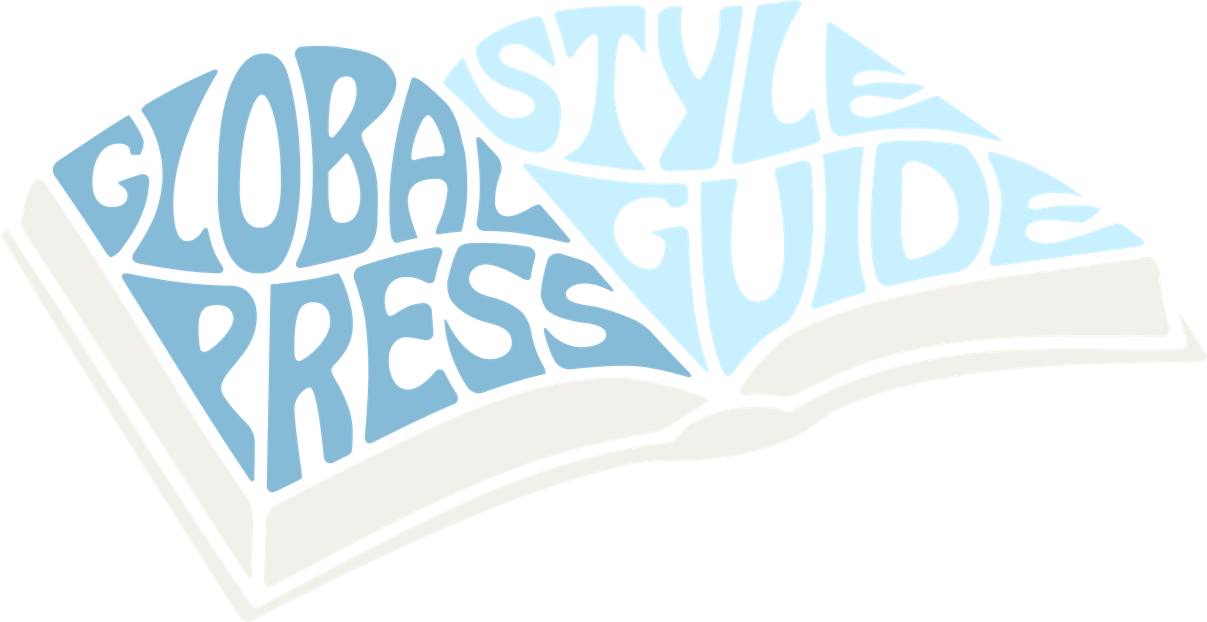Experience Global Press


Rooted in a commitment to inclusive storytelling, Global Press employs local women journalists who reflect the diversity of the communities they cover.

Global Press Journal, the award-winning multilingual news publication of Global Press, produces feature and investigative news that has transformed access to information for millions of people.

Global Press reporters determine which stories to tell. Their journalism provides context and nuanced analysis for readers to understand the consequences of events and policies that shape the world. All reporters are also trained photojournalists.
Non-assignment policy. Unique source access. Original photography.

Global Press reporters work with a team of exceptional global editors who offer coaching on each story and consistent professional development opportunities.
Expert global editors. Professional development.

Global Press reporters and editors collaborate to create powerful stories in both the reporter's local language and English. Together, they ensure each story is relevant and interesting to audiences in the reporter's community and globally.
Multilingual editorial process.

A team of accuracy professionals is assigned to each story. Fact checkers verify every word of each story and copy editors ensure dignity and precision with use of the Global Press Style Guide. Translators create language versions to ensure access to accurate information for local and global audiences.
Unique team of accuracy professionals assigned to each story.

Global Press stories are always produced in the reporter's local language and English. The stories are then made available for free republication to a robust network of print, radio and education partners around the world. Together our partners serve an audience of millions.
Multilingual publication and distribution. Free republication to a vast network of partners.


The Global Press Style Guide is a living document that establishes rules for referring to the people and places around the world where Global Press reporters work. Each entry is crafted with the specific intention of promoting dignity and precision in the practice of international journalism.
The Global Press Style Guide uses four decision-making principles to ensure source dignity and reader clarity in every word we publish.









